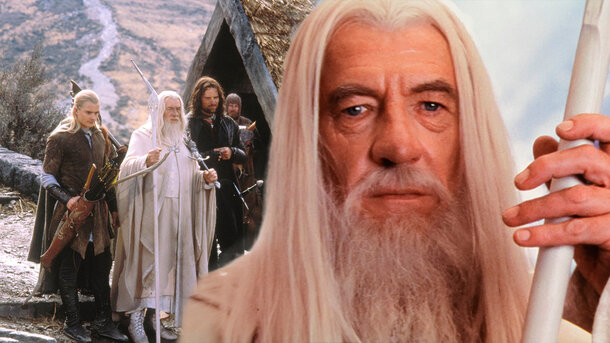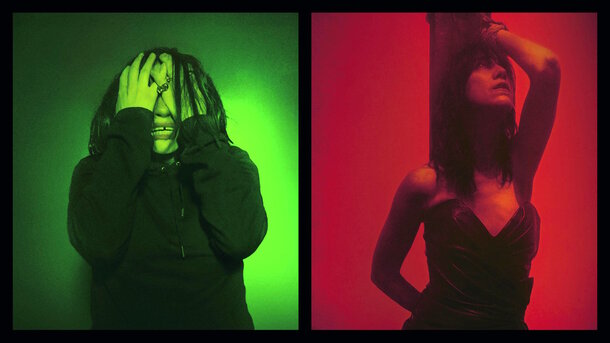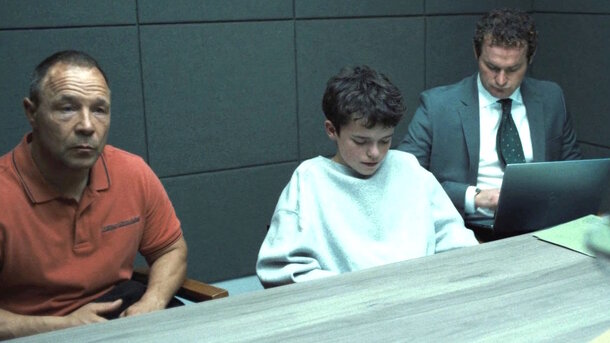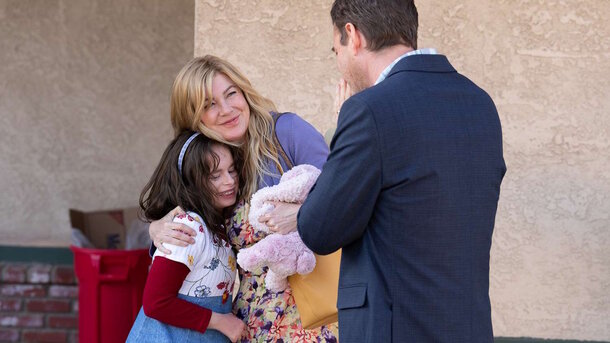While many know him as the creative genius behind classic films, such as Rosemary's Baby and The Pianist, there are numerous lesser-known aspects to his life that reveal a complex character shaped by personal and historical circumstances.
One unexpected fact about Polanski is his early survival of the Holocaust. Born in Paris in 1933 to Polish-Jewish parents, his family faced unimaginable horrors during World War II. Polanski lost his mother in Auschwitz when he was just a teenager. This traumatic experience not only shaped his worldview but also seeped into the themes of fear and isolation present in many of his films.
Another surprising facet of Polanski’s life is his creativity at a young age. By the time he reached his twenties, he had already directed films that garnered attention in Poland. His film Knife in the Water was nominated for an Academy Award for Best Foreign Language Film in 1962, marking him as a proficient director despite his youth.

Polanski's residential choices are equally intriguing. Following his escape from the United States in 1978 to avoid sentencing for legal issues stemming from a sexual assault case, he lived in various places, including France, where he remains a citizen today. Notably, he has often chosen to stay out of the public eye, yet he returned to the spotlight to direct films like The Ghost Writer and Venus in Fur, demonstrating his enduring passion for filmmaking.
A surprising detail about Polanski's personal life is his unexpected marriage to actress Emmanuelle Seigner in 1989. Despite their 33-year age difference, the couple has collaborated on several projects, showcasing a deep personal and professional bond that defies conventional expectations.
Despite his controversies, Polanski remains a celebrated filmmaker, illustrating the intricacies of separating art from the artist. His life serves as a testament to resilience, creativity, and the enduring scars left by personal history. As audiences continue to grapple with his legacy, Roman Polanski remains a captivating figure in the annals of cinema.











